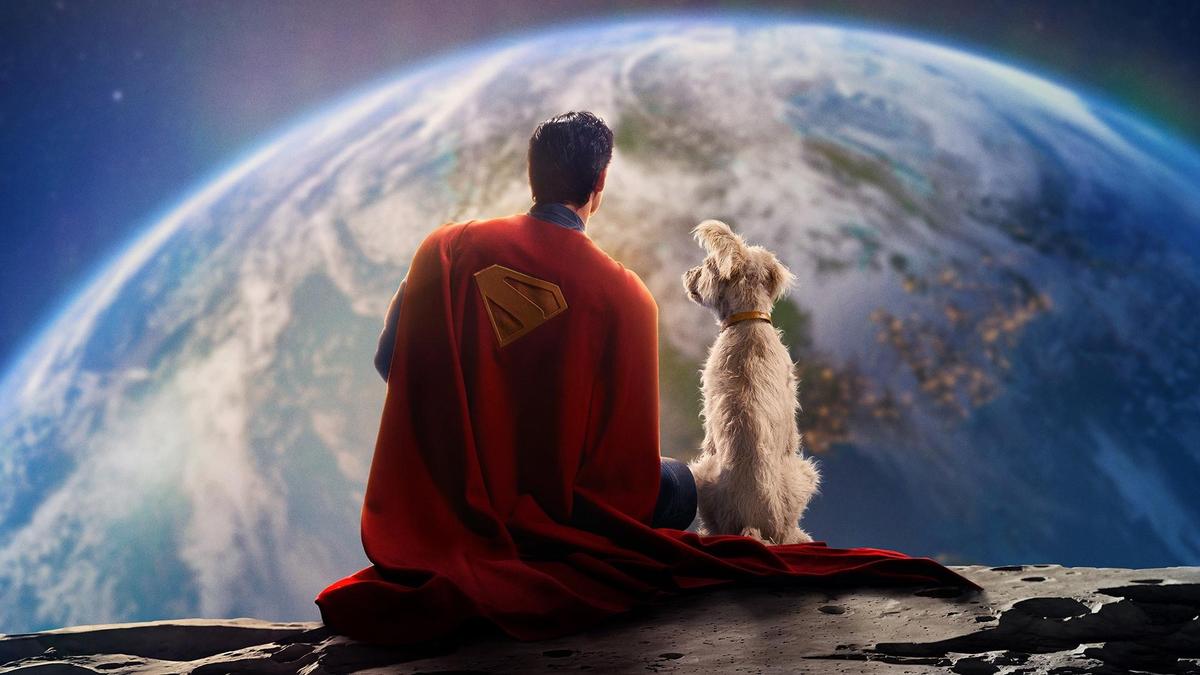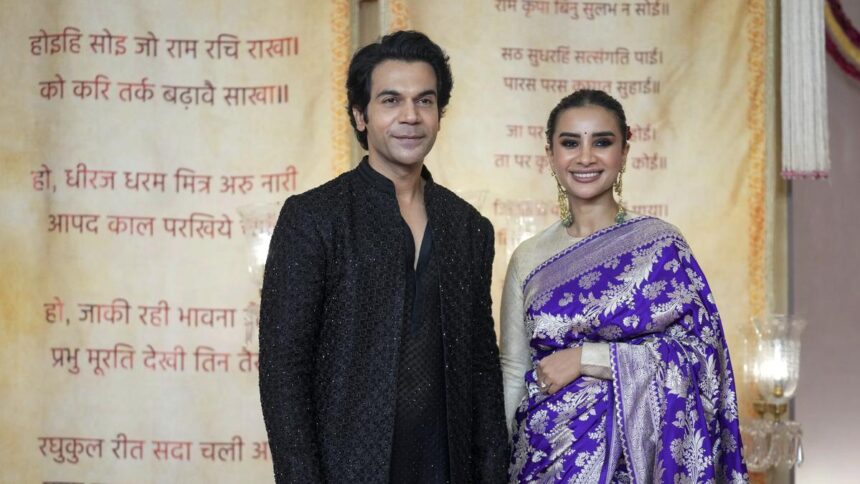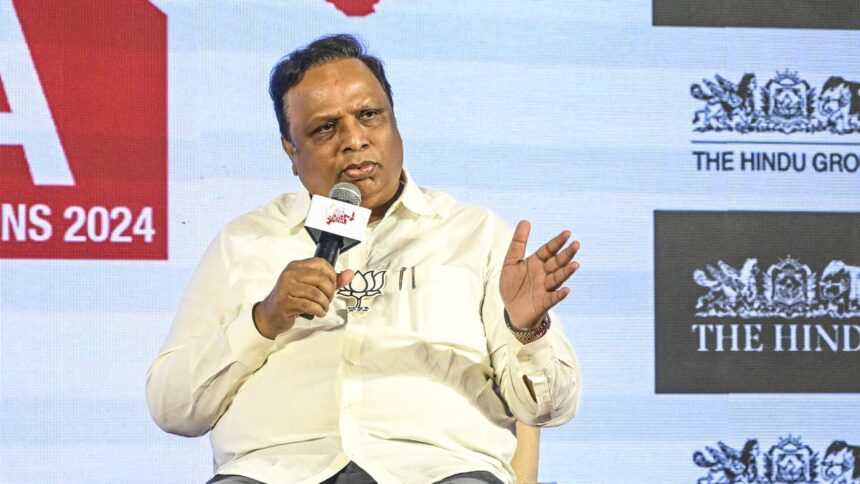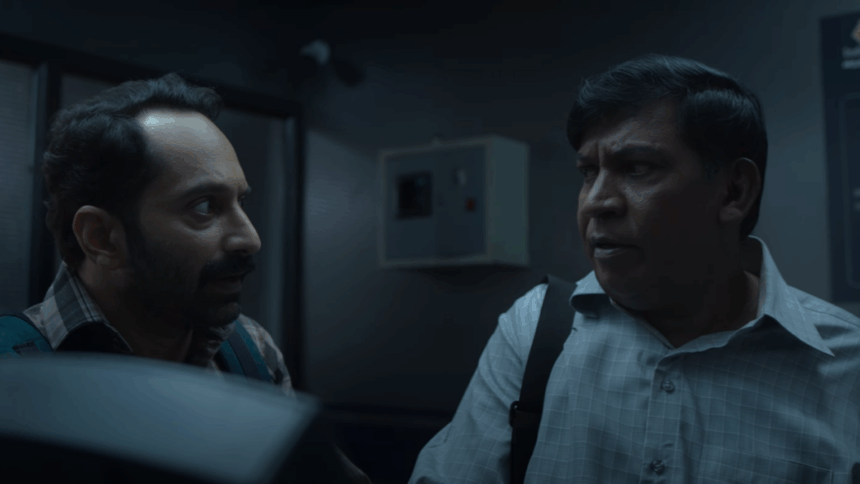When comic book writers Jerry Siegel and Joe Shuster debuted the red-caped crusader in ‘Action Comics #1’ in 1938, Superman was a necessity. He was a collective champion who was meant to be a ray of hope for the less fortunate children; a preacher who shone light on a world reeling from the economic depression; a Jewish icon against anti-Semitism; an alien who shattered the misconceptions attached to immigrants; an advocate of the American dream, and a powerful voice against injustice who offered a fantasy escape for the working-class. Born in one of the most vulnerable eras in modern history, he had to be the perfect hero, so perfect that only something not of this Earth, like Kryptonite from his home world, could weaken him.

Ironically, the very society that once necessitated a perfect superhero has now largely deemed him irrelevant. In 2025, Superman is often dismissed as an outdated fantasy. Compared with the ‘real’ superheroes from DC and Marvel, he’s often criticised as a product of an absurd myth — superhero origin stories now need to happen on Earth — and as an overpowerful entity who is too alien to our reality.
But what Superman critics often miss is this: the “Man of Steel” does have a weakness — not Kryptonite — but a compulsive need to be perfect, and the perennial struggle of being too perfect in a world suspicious of those who stand out.
The quiet exile
“Perfectionism,” says American clinical psychologist and author Anne Wilson Schaef, “is self-abuse of the highest order.” Living in a society that constantly sets up ideals to live up to, we try to become the perfect version of who we and others think we should be. It’s a cage we put ourselves in — a lonely pursuit towards an impossible, abstract ideal. Life as a human can feel so fragile that even failing in a daily routine seems like the end of the world.

A still from ‘Superman’ (1978)
| Photo Credit:
Warner Bros. Pictures
Superman has always mirrored this complex compulsion. He’s intrinsically a character designed to replicate society’s notion of perfection — chiselled jaws, fit body, handsome, gentlemanly, and a farm boy who has touched grass and can see right from wrong. In Richard Donner’s Superman (1978), Christopher Reeve’s iteration, anguished by the death of his sweetheart Lois Lane, even breaks cosmic laws to bring her back. In Zack Snyder’s Batman v Superman: Dawn of Justice (2016), Henry Cavill’s Superman pleads to Batman to ‘save Martha,’ his adopted mother, in a vulnerable moment that paints him as a tragic figure still beating himself for not being able to save his adopted father, Jonathan Kent (Kevin Costner). Unlike other superheroes, being invincible is non-negotiable for Superman.

“Superman cannot kill” — this is a code every depiction of the superhero has followed. When fiction decides to break that code, he is often pushed to the other extreme, as a monster in alternate depictions such as Brightburn, Homelander (The Boys) and Omni-Man (Invincible). In DC, even the evil Superman in Donner’s third film doesn’t go to the extent of killing; while Zack Snyder’s reign at the now-defunct DCEU ended before we could see an evil Superman (hinted at the Knightmare sequence in BVS), the scene in which Superman reluctantly kills General Zod caotures this moral tussle. In fact, unlike most superheroes, Superman can never allow himself to be who he truly is or use his powers to their full potential.
Loneliness of being too good
The “Last Son of Krypton” is often depicted as a god-like entity who must learn to live gently among fragile beings. But seldom have films depicted the fear of isolation and frustration that comes from not being allowed to be yourself. As Superman’s alter ego, Clark Kent, he has to refrain from using his full potential — even holding a glass of water too tightly could cause trouble — to avoid being detected. He must suppress parts of himself even from Lois.
Fascinatingly, this isn’t always about protecting his identity.
In the 1978 film, the first dialogue his father tells him is, “Been showing off a bit, haven’t you, son?” for an inconsequential prank he pulls off on his friends. Clark responds, “Is it showing off if someone is doing the things he’s capable of doing? Is a bird showing off when it flies?” Is Superman showing off if he is… Superman? To which Jonathan responds, “when you first came to us, we thought people would come and take you away because, when they found out, you know, the things you could do… and that worried us a lot. But then a man gets older, and he starts thinking differently, and things get very clear. And one thing I do know, son, and that is you are here for a reason.”
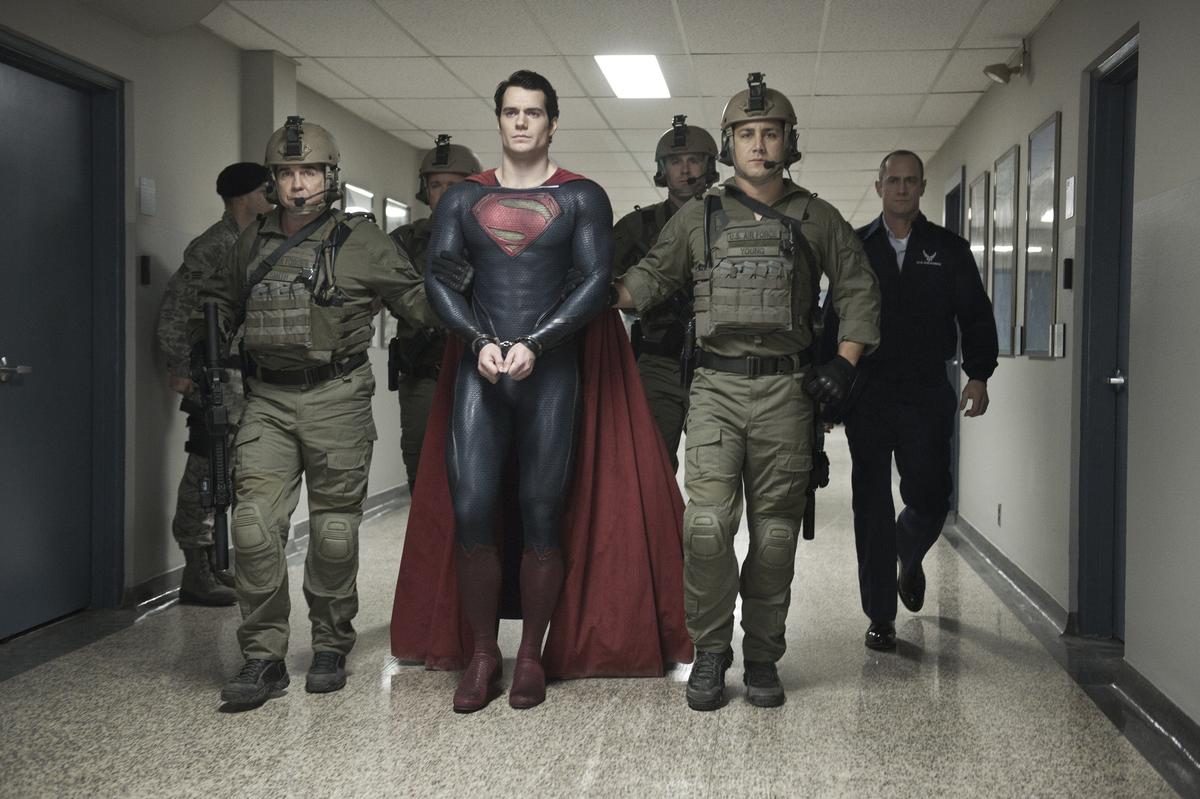
A still from ‘Man of Steel’
| Photo Credit:
Warner Bros. Pictures
Clark can also be seen as a mask that a misfit needs to wear. Even his reluctance to open up to Lois portrays him as a tragic figure who must wear the hat of a journalist to fit in. It’s his only survival strategy and the only way he could be ‘tolerated.’ In a world that demands conformity and alienates misfits, Clark is the only way to cope with the loneliness that comes with being a tad too brilliant than the rest. It’s easy to be what they want you to be — wear a pair of spectacles, and they’ll see a man who vanishes into a crowd.
Working under the compulsive need to be perfect, Superman retreats into his Clark Kent identity whenever things go out of order. In Dawn of Justice, shaken by the Senate bombing and media trial, Superman internalises the disapproval and questions his own purpose. Usually wielding a strong moral compass, he seems more affected by how others see him, reflecting an internal crisis between who he wishes to be and who he is expected to be.
A fascinating parallel comes in Superman II (1980), where Clark is left bloodied by a bully at a bar. His sense of self-worth crumbles. He realises that Clark isn’t who he is supposed to be, it’s a ruse.

Alternatively, Superman’s struggle as an ideal is pronounced well when supervillains appear envious of his image as the leader of humankind. In James Gunn’s upcoming Superman film, Lex Luthor’s conflict reportedly stems from the belief that he — not Superman (David Corenswet) — is better suited to lead humankind.
Superman is the epitome of perfectionism, a freak who isn’t allowed to be, and that makes him the rarest of superheroes in the history of fiction. You don’t need a spear of Kryptonite to threaten him. He is already his own Kryptonite.
Published – July 11, 2025 11:57 am IST








